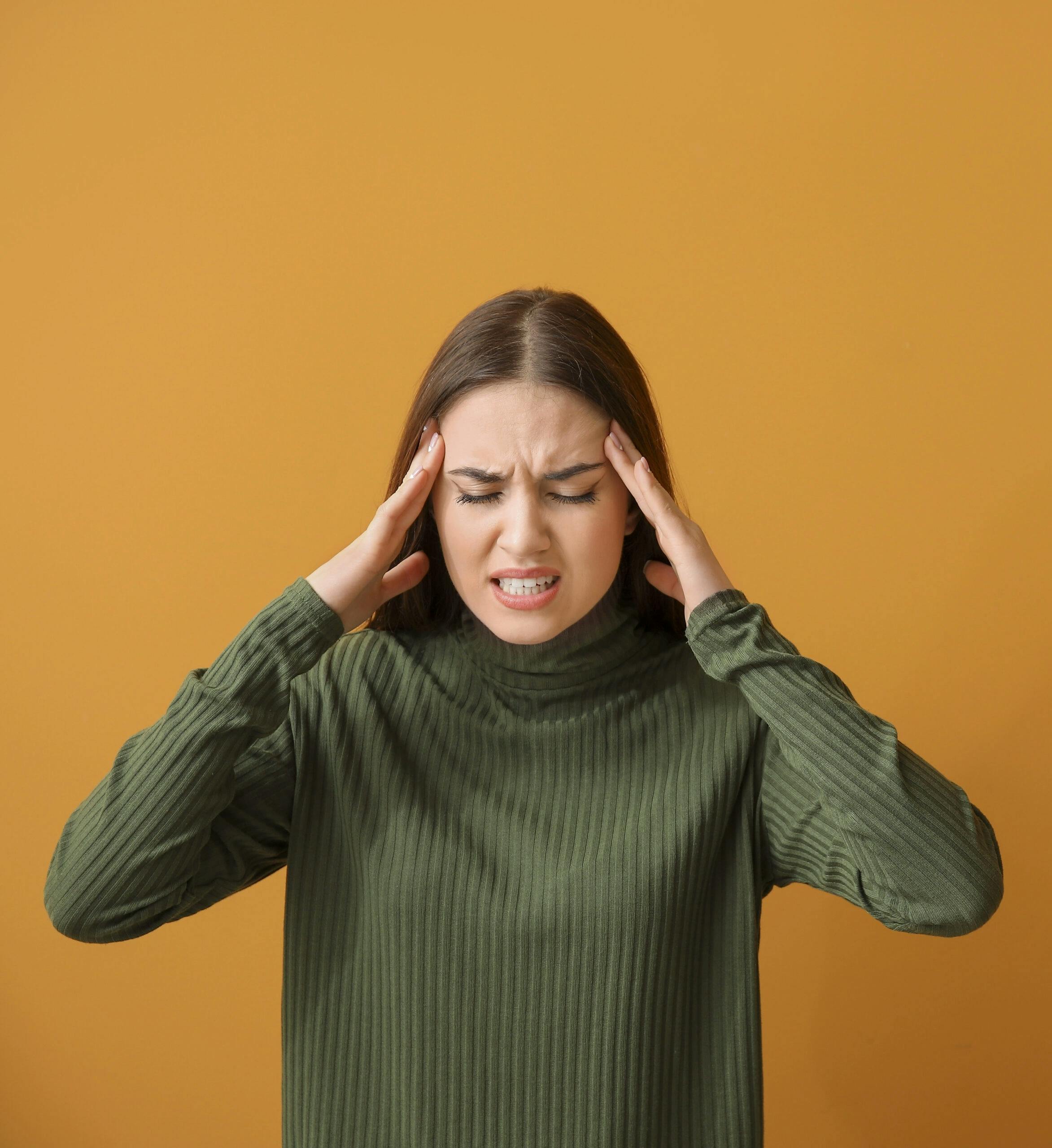Specialized Tinnitus Treatment Service
People with tinnitus hear sounds that are not physically present. More than 50 million Americans experience tinnitus symptoms, from occasional episodes to chronic cases.
Do you experience roaring, buzzing or ringing in your ears? Come to Hearing Associates for tinnitus treatment, and our audiologists will help provide a solution to suit your needs.
Signs of Tinnitus
Symptoms of tinnitus vary but usually include perceived sounds like:
- Ringing
- Buzzing
- Rushing or whooshing
- Humming or whistling
You may also experience differences in pitch, volume and intensity. Tinnitus can create sleep disturbances and make it difficult to concentrate, especially in quiet environments.
Types of Tinnitus
Tinnitus can present in two forms: subjective and objective.
Subjective tinnitus: This is the most common type of tinnitus. It’s only perceptible by the affected individual and is indicative of an auditory or neurological problem. Internal causes include blood flow issues and neurological disorders. You may also experience subjective tinnitus if you have age-related hearing loss, have sustained a head or neck injury or experience regular noise exposure.
Objective tinnitus: This rarer type of tinnitus is characterized by ringing in your ears that’s audible to audiologists during your hearing evaluation. A physiological process near your ear can cause objective tinnitus. Tumors, muscle spasms, vascular conditions and nerve damage can create the ringing in your ears.
What to Expect from Hearing Associates
Hearing Evaluation
You’ll undergo a hearing assessment during tinnitus treatment to determine if you have underlying hearing loss. Understanding the cause helps your audiologist determine what’s contributing to the ringing in your ears.
Tinnitus Assessment
During your evaluation, you’ll discuss the characteristics of your tinnitus, including the pitch and frequency of your episodes. That can help you identify a pattern of behavior or trigger that contributes to a tinnitus spike. This assessment also rules out other medical conditions that could be causing it.
Tinnitus Education
Your audiologist will provide information and resources to help you understand how to manage your tinnitus. That includes educating you on what causes it, risk factors, diagnosis and treatment. You’ll also discuss coping strategies and techniques such as masking and behavioral therapy to help you cope with the sound.
In some circumstances, hearing aids can provide tinnitus relief through masking programs that cover the buzzing or humming. Wearing hearing aids also reduces the risk of further hearing damage that can exacerbate tinnitus.
Personalized Treatment Plans
Your audiologist can provide you with a variety of tinnitus treatment options, including sound therapy, hearing technology, cognitive therapy, tinnitus retraining therapy and lifestyle changes. You will work together to establish goals and adjust your treatment as needed. You should also try ReSound, a tinnitus relief app.
Ongoing Monitoring and Support
Regular follow-up appointments allow your audiologist to track your progress and evaluate your condition based on your feedback. Those appointments are good times to ask questions, assess the effectiveness of your efforts and discuss alternative treatment options.
How Tinnitus Treatment Improves Your Hearing Health
Understanding the cause of your tinnitus can bring you peace of mind. You can address the underlying cause of the ringing and prevent further hearing damage. That supports better communication and allows you to engage with others effectively.
You can also decrease the effects of listening fatigue by treating your tinnitus. Hearing aids and sound therapy can help make sounds clearer and easier to understand regardless of the ringing in your ears, so your brain doesn’t have to work as hard to understand.
Addressing your tinnitus can help you manage feelings of stress and anxiety that can accompany the condition. That can improve your mood and mental well-being.
Hearing Associates Locations
We offer tinnitus treatment at the following locations in northern Iowa and southern Minnesota:
Iowa:
Minnesota:
FAQs
Tinnitus is caused by damage to the hair cells in your inner ear, which can occur for a variety of reasons, including:
- Circulatory problems
- Tumors
- Inner ear muscle spasms
- Head or ear trauma
- Earwax buildup
- Age-related hearing loss
- Noise-induced hearing loss
No. Damage to the hair cells in your inner ears is permanent. You can treat the underlying symptoms that exacerbate your condition to manage the ringing.
Yes. Wearing hearing aids can reduce your risk of further hearing damage, which could worsen the ringing in your ears. Some hearing aids also have sound therapy and masking programs to distract your brain from the tinnitus sound.
The following lifestyle tips can help you manage your tinnitus:
- Avoid loud noises or wear ear protection.
- Manage your stress levels.
- Stick to a consistent sleep schedule.
- Exercise to promote good circulation
- Reduce salt intake.
- Avoid ototoxic medications.
Yes, especially if you live with untreated hearing loss. Repeated exposure to loud sounds and failure to address underlying health conditions can worsen your tinnitus symptoms. Tinnitus spikes can also affect your ability to ignore the ringing, leading to increased awareness and discomfort.
You may need to visit your audiologist once every few months following an initial diagnosis to assess the effectiveness of your treatment plan. It’s also important to schedule a yearly hearing evaluation to monitor for signs of hearing loss progression.


